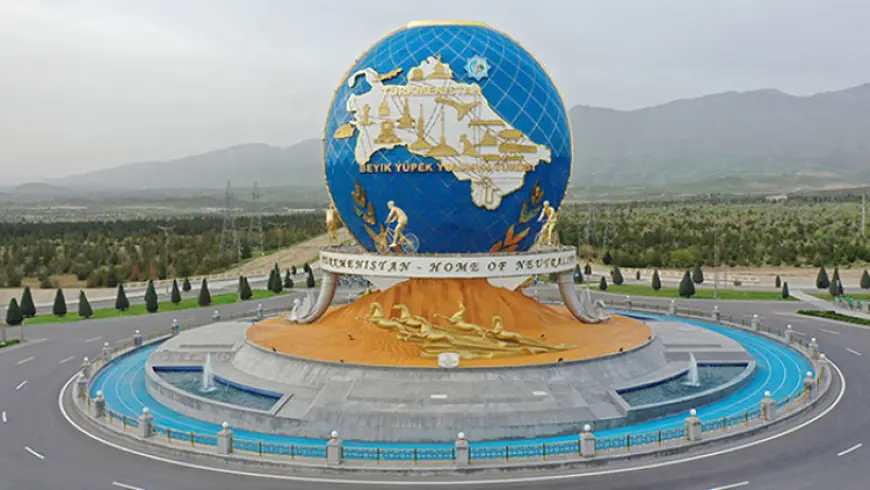The Bicycle — An Eco-Friendly, Healthy, and Beneficial Mode of Transport
The bicycle is a mode of transportation considered environmentally friendly and beneficial for human health.

According to historical records, the first bicycle was invented in 1817 by German inventor Karl von Drais, which is why early bicycles were known as “draisines.” It is believed that the earliest bicycles were made of wood. Some sources also suggest that bicycles were used in Paris as early as 1808, propelled by riders pushing off the ground with their feet.
Compared to other forms of transport, bicycles offer ecological advantages and significantly contribute to maintaining a healthy lifestyle, emphasizing their importance in human life.
Cycling typically takes place in open-air environments. Harmonious interaction between humans and nature supports overall well-being. Riding a bicycle through the foothills, forest trails, and the beautiful natural sites of our country allows people to connect with nature.
Cycling tours and events have become major public activities worldwide, supporting various social, athletic, and environmental initiatives.
Thanks to proactive health policies, cycling is becoming increasingly popular among Turkmen citizens. In 2018, on World Bicycle Day, Ashgabat hosted a cycling event with 3,246 participants, earning a Guinness World Record for the “Largest Cycling Lesson.” In 2019, the capital’s Olympic Complex saw a 3,300-meter ride that was also recorded in the Guinness Book as a unique endurance cycling event. In 2020, in addition to a 12-kilometer ride, Ashgabat witnessed the grand unveiling of the “Bicycle” monument, adding beauty to the city.
Overall, cycling continues to grow in popularity within our society. Each day, more people are showing interest in engaging in this healthy and enjoyable sport.



























